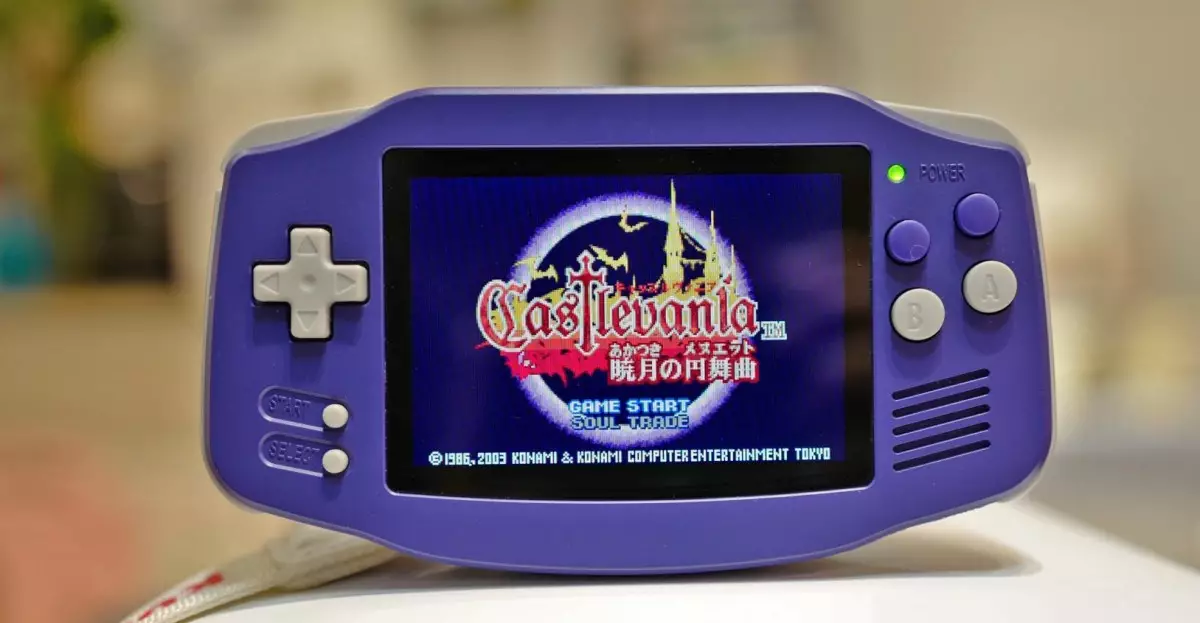The landscape of budget-friendly gaming is undergoing a significant upheaval as import tariffs threaten the viability of companies like Anbernic, known for their affordable clones of classic gaming devices. With the possibility of a staggering 245 percent tariff looming over Chinese goods, the market dynamics for nostalgic gaming products are shifting. Anbernic’s decision to suspend US shipments highlights the urgent need for companies to adapt to new economic realities, raising questions about the sustainability of affordable gaming in an increasingly protectionist environment.
Emerging Concerns Over American Tariff Policies
The potential imposition of high tariffs creates a ripple effect that extends beyond immediate pricing concerns. Anbernic, a favorite among retro gaming enthusiasts for its low-cost handheld consoles, has found itself at a crossroads. As the company announced the indefinite suspension of shipments from China to the US, it was clear that the uncertainties surrounding tariff implementation had left them with little choice. The abrupt cessation of shipments carries implications not just for Anbernic, but also for consumers who rely on such affordable alternatives to mainstream gaming consoles.
The Implications of Shipping Alternatives
Faced with the uncertainty of tariffs, Anbernic has begun directing customers to consider products shipped from their US warehouses. While this might seem like a savvy workaround, it’s telling that a company would resort to such measures to mitigate risks. The reality is that while they have had existing US inventory options, shifting the emphasis to domestic warehousing as a lifeline for consumers has been a necessary pivot. The move reflects a growing trend among manufacturers facing similar challenges, emphasizing the difficulties related to international trade amidst fluctuating economic policies.
Consumer Sentiment and Market Reaction
As Anbernic grapples with these complexities, consumer sentiment is likely to pivot as well. Retro gaming holds a unique space in the hearts of many, but the value proposition is ultimately tied to pricing. With their newer models easily priced around $70, many gamers—especially younger or budget-conscious ones—may find the new tariffs prohibitive. If Anbernic cannot maintain a competitive price point, consumer fallback may drive them into the arms of pricier, mainstream gaming systems, diluting the charm of affordable retro gaming alternatives.
The Broader Context of Tariff Effects
In a broader macroeconomic context, the implications of such tariffs extend well beyond individual companies like Anbernic. They highlight a growing trend towards protectionism that could stymie innovation and accessibility in countless industries. Companies are not just strategizing around tariffs—they are reevaluating their entire supply chains and market strategies. The collapse or transformation of smaller entities due to tariff pressures could potentially create a void in the affordable gaming sector, leading to less choice and higher prices for consumers.
The Challenge of Retro Gaming in Modern Retail
Moreover, the reality that third-party sellers like Amazon might fill the vacuum left by companies suspending shipments further complicates the market landscape. These outlets are often perceived as less trustworthy in terms of product authenticity and support. The risk taken by consumers in purchasing through these channels raises additional concerns regarding the integrity of the retro gaming experience, particularly when it comes to emulation software and the legality surrounding it. For many, engaging with classic games is more than just about nostalgia; it’s rooted in the authenticity of the experience—something that could be jeopardized by subpar, unverified third-party products.
Moving Forward In A Volatile Market
As the gaming community watches how Anbernic and similar companies navigate these turbulent waters, it becomes evident that the landscape of affordable gaming is vulnerable to the whims of policy changes. While it is easy to lament the loss of cheap, accessible gaming, the broader themes imply that consumers, manufacturers, and policymakers must engage in a dialogue about the future of trade, competition, and innovation. Moving forward, the way forward demands not just resilience but also a renewed commitment to preserving the retro gaming culture that many treasure dearly.


Leave a Reply